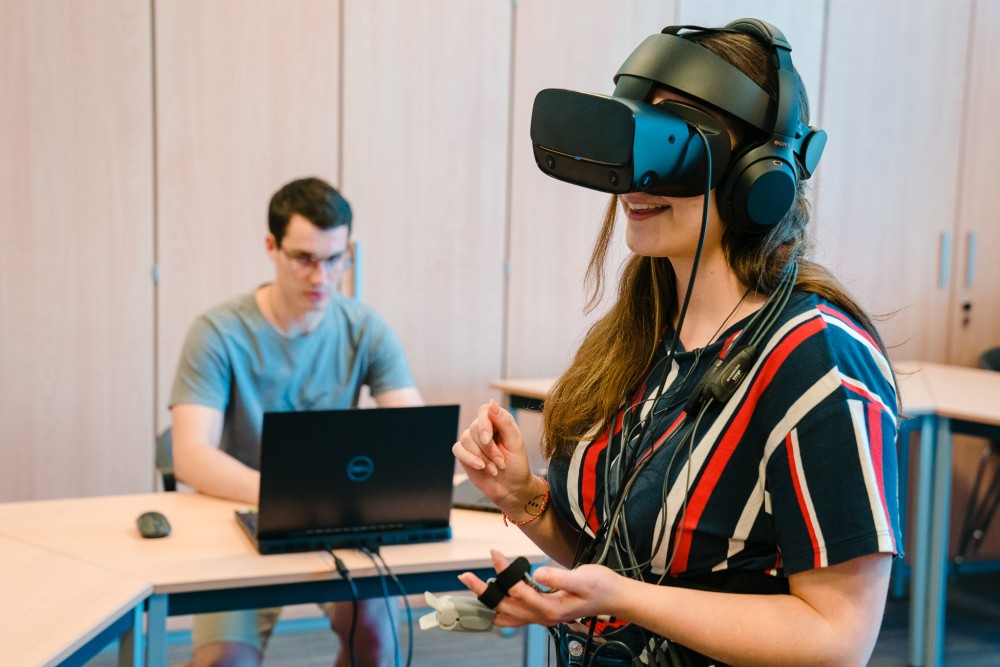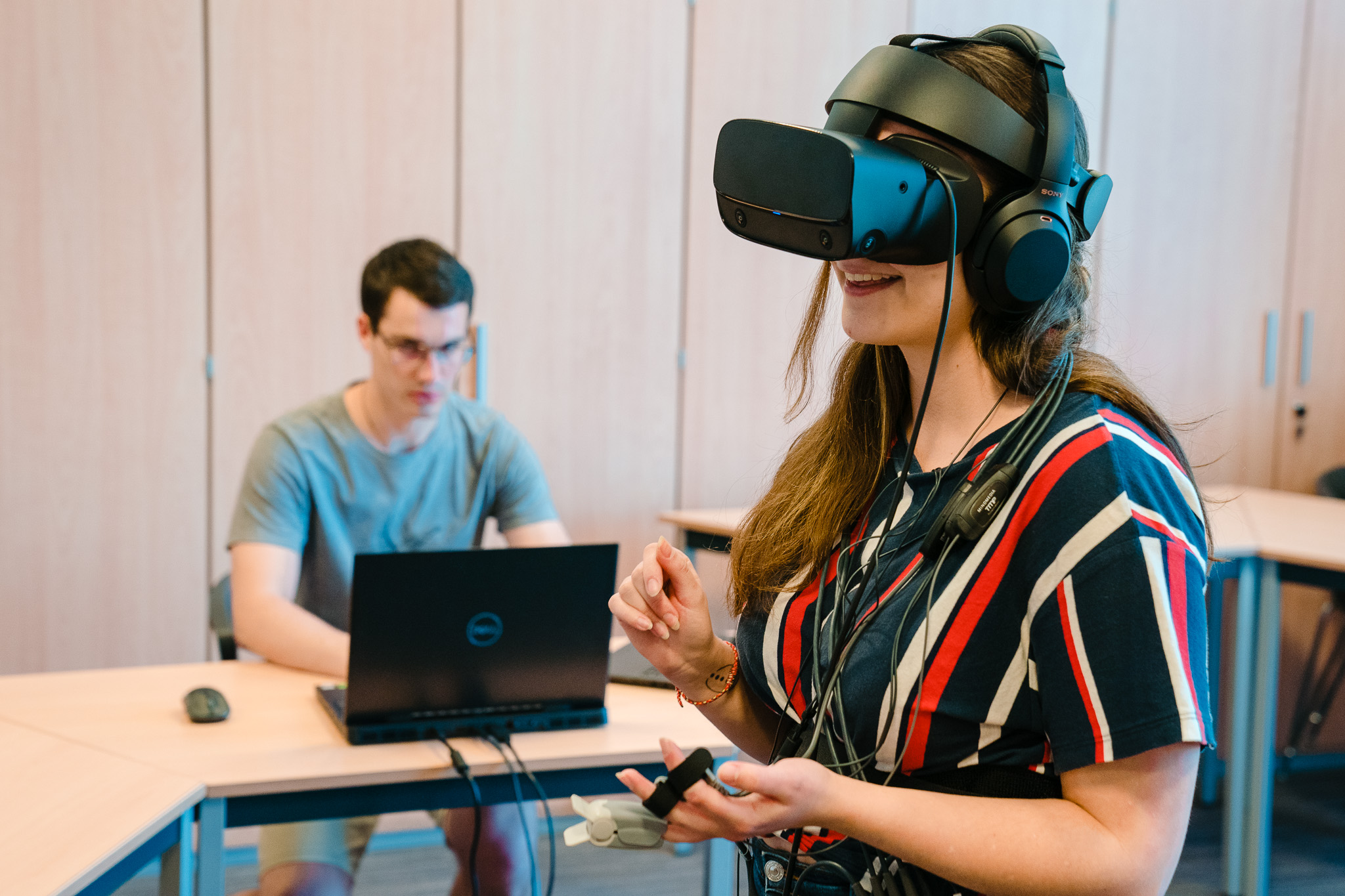The health of the seas depends on the functioning of the marine ecosystems. We study how species interact with each other and with their environment in order to understand how these marine ecosystems work. While scientific knowledge of the marine realm has increased tremendously in the recent decades, there’s still a very fragmented understanding on how species traits, species interactions and evolution of individual species contribute to ecosystem functions. Natural ecosystems are often too complex and work at too large a scale to be replicated under controlled laboratory conditions. VLIZ aims to combine seascape ecology, community ecology and evolutionary biology to gain better insights into the functioning of marine ecosystems.

We use molecular genetic techniques in order to collect large amounts of species traits in an automated way, and use this information for systems biology-inspired statistical and mechanistic models. This allows us to reverse engineer physiological functions of plankton communities identify key traits and key species in species-rich planktonic ecosystems and to identify ecosystem functions. We also study the extent to which environmental changes affect the species composition of communities, and thereby their ecosystem functions, or the genetic profile of species within populations.
In another research line, we aim to unravel to what extent natural systems and processes can be integrated into man-made structures in order to improve their functions or offer ecological added value. In this context, we study the colonization by ecosystem engineers (e.g. polychaetes, bivalves) of shallow natural and artificial habitats in the context of coastal protection infrastructure. Currently this research line focuses on the larval settlement phase of reef building bivalves.
Person of contact: Dr Pascal Hablutzel (Pascal.Hablutzel@vliz.be)
Recent and relevant publications
- Boyen, J.; Ribes-Navarro, A.; Kabeya, N.; Monroig, Ó.; Rigaux, A.; Fink, P.; Hablützel, P.I.; Navarro, J.C.; De Troch, M. (2022). Functional characterization reveals a diverse array of metazoan fatty acid biosynthesis genes. Molecular Ecology.
- Hablützel, P.I.; Rombouts, I.; Dillen, N.; Lagaisse, R.; Mortelmans, J.; Ollevier, A.; Perneel, M.; Deneudt, K. (2021). Exploring new technologies for plankton observations and monitoring of ocean health, in: Kappel, E.S. et al. Frontiers in ocean observing: Documenting ecosystems, understanding environmental changes, forecasting hazards. Oceanography, Suppl. 34(4): pp. 20-25.
Projects
Coastbusters 2.0
ANERIS
EDNAquaPlan
